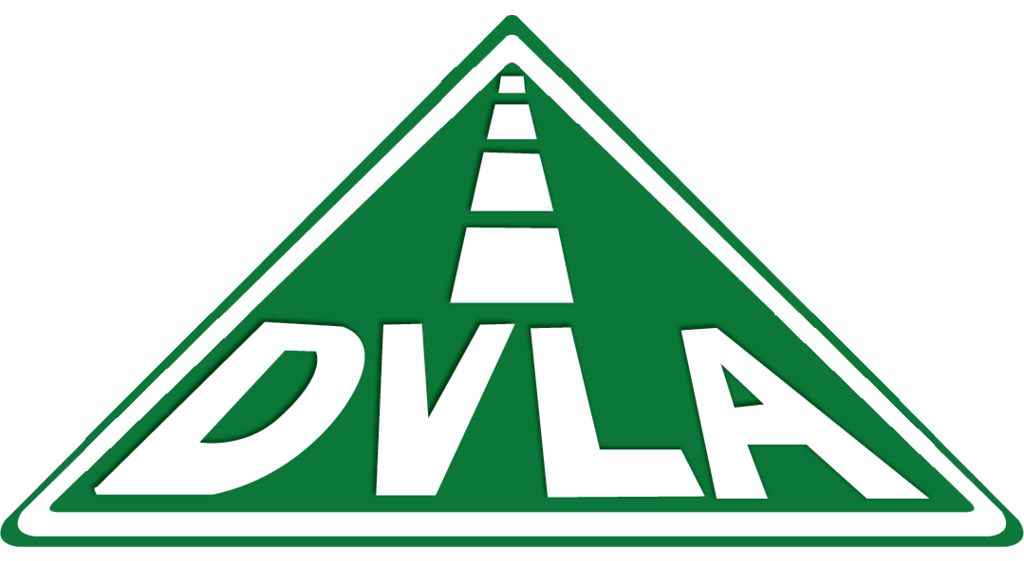Drivers over 70 will soon face updated eyesight requirements that could impact their driving licenses. Starting August 2025, changes to DVLA regulations will make meeting vision standards not only vital for safety but also a mandatory part of license renewal.

Maintaining good eye health is especially critical for older drivers, who often encounter unique challenges with vision sharpness. This blog post dives into the current eyesight rules for drivers over 70, covering the 20-metre eyesight test, conditions requiring DVLA notification, and the effects of the new 2025 regulations.
As people get older, their ability to drive safely can be affected. For seniors, especially those over 70, regular eye tests are crucial. Research shows that the risk of accidents rises with age, mainly due to worsening vision. To improve safety, the DVLA has set new rules. Here’s a simple look at the important points about eyesight and driving rules for older drivers.
The DVLA’s eye test for over 70s
The basic eyesight test for driving requires you to read a car number plate from 20 metres away. The plate must be from a vehicle registered after 1 September 2001. You can use glasses or contact lenses during the test if needed.
Additionally, you must meet the minimum eyesight standard by having:
- Visual acuity of at least 6/12 on the Snellen scale (measured using both eyes together, or in your remaining eye if you only have sight in one eye)
- An adequate field of vision – your optician can test this for you
If you cannot meet these standards without correction, you must wear glasses or contact lenses every time you drive.
Important 2025 update: New requirements for over 70s
Starting August 2025, drivers over 70 renewing their license will need to show proof of an eyesight test taken within the last year. This marks a major shift from the previous rules, turning regular eye exams from a suggestion into a mandatory step.
Eye conditions that affect driving
Certain eye conditions can affect a senior’s ability to drive safely and need to be reported to the DVLA:
- Macular Degeneration: This condition severely affects central vision. You must declare this to the DVLA, as it will impact your driving license assessment.
- Cataracts: Cataracts cause clouded vision, particularly affecting night vision and low-light driving. While cataract surgery is common and can restore vision, you must inform the DVLA about your condition both before and after treatment.
- Glaucoma: Increased eye pressure damages the optic nerve and reduces your visual field. This condition must be reported to the DVLA for assessment of your fitness to drive.
- Diabetic Retinopathy: Diabetics are at risk for this condition, which can lead to severe vision impairment. Effective diabetes management is essential for maintaining eyesight and your driving privileges.
- Retinitis Pigmentosa: This genetic condition affects peripheral vision and can severely limit safe driving ability.
You need to inform the DVLA if you have any eyesight issues that affect both eyes, or your only eye if you have just one. This doesn’t include being short-sighted, long-sighted, or colour blind.
Do I have to declare a condition to the DVLA?
Yes, you are legally required to notify the DVLA of specific medical conditions, including serious eye issues. Failing to declare conditions that affect your vision can result in fines of up to £1,000 and potential prosecution.
Key regulations regarding DVLA notifications:
- Declare any vision impairment that affects your driving capabilities
- Report changes in your eyesight that may impact road safety
- Use the DVLA’s online tool to check if your specific condition needs to be reported
Important: You could be prosecuted if you drive without meeting the standards of vision for driving.
Eye prescription and legal requirements
According to UK law, drivers must maintain visual acuity of at least 6/12 using both eyes together (or in the remaining eye if you only have sight in one eye). This standard can be met using:
- Glasses (no specific limit on corrective power for car drivers)
- Contact lenses (no specific limit on corrective power)
Any significant changes in your prescription should be monitored, and you must ensure you can still meet the minimum standards.
How often should you get your ryes tested?
For drivers over 70, regular eye exams are more important than ever. While the frequency isn’t legally mandated, the new rule requiring an eyesight test confirmation within 12 months of renewing a license makes annual eye tests highly advisable.
Benefits of regular eye checks:
- Early detection of vision changes
- Ensuring you meet legal driving standards
- Maintaining road safety for yourself and others
- Having up-to-date confirmation for DVLA requirements
Current rules for drivers over 70 (updated 2025)
The DVLA has introduced several important changes for senior drivers:
- Mandatory Eyesight Test Confirmation: Starting August 2025, a valid proof of an eyesight test conducted within the past 12 months will be necessary for license renewal.
- Enhanced Medical Review: More thorough evaluations of medical conditions impacting senior drivers, accompanied by tougher penalties for failing to comply.
- Three-Year License Renewals: Drivers aged 70 and older are required to renew their license every three years, with no changes to this rule.
Maintaining road safety
Safe driving isn’t just about personal responsibility—it’s also about looking out for the community. By being honest about any changes in your vision and reporting them, you help make the roads safer for everyone. Talking regularly with family, friends, and healthcare professionals can give you the support to keep traveling safely, whether it’s by car or other means.
Final thoughts
Starting in 2025, regular eye checks are no longer optional for senior drivers—they’re essential. Clear vision is crucial for safe driving, so if you’re over 70, keeping your eyes healthy is now both a legal obligation and a key to staying safe on the road.


Leave a Reply